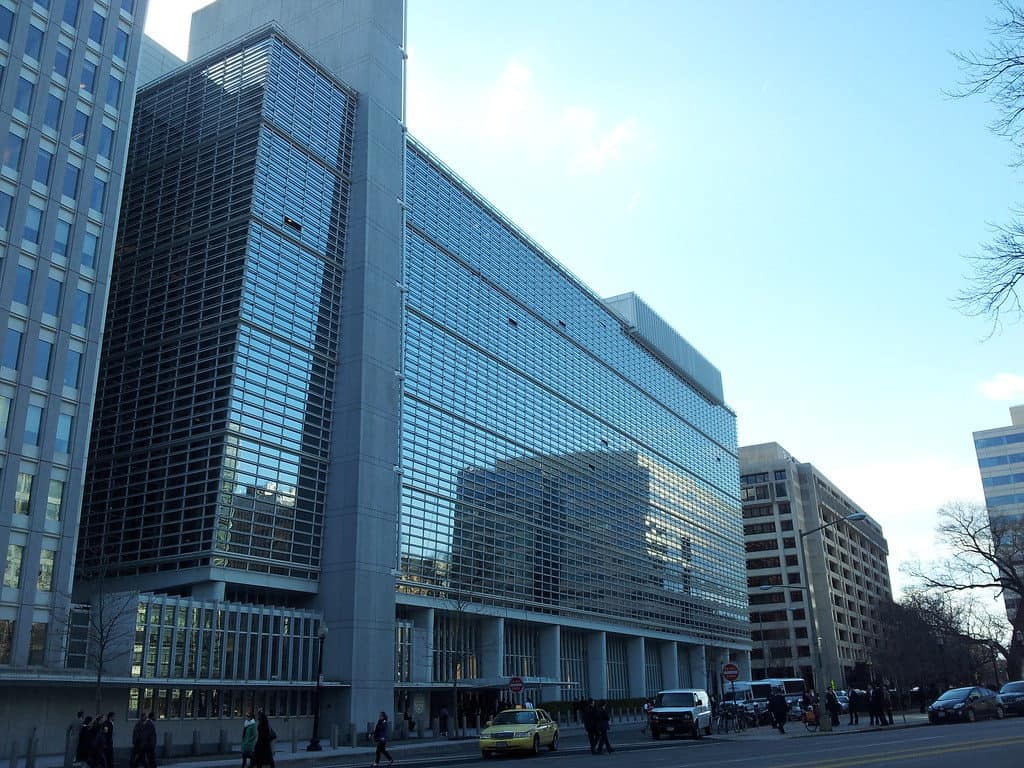India jumped 14 places and is ranked 63 among the 190 counties in the World Bank’s Ease of Doing Business 2020 report.
India is recognised as one of the top 10 economies that made remarkable improvements in ease of doing business. World Bank judges the economies in following 10 parameters: Starting a business, dealing with construction permits, getting electricity, registering property, getting credit, protecting minority investors, paying taxes, trading across borders, enforcing contracts, and resolving insolvency.

India performed well in 6 parameters out of these 10 parameters, some of them are listed below:
Resolving Insolvency
India jumped from 108th position to 52nd position for implementing measures to resolve insolvency. It successfully implemented the insolvency and Bankruptcy Code, 2016 by promoting reorganizations proceedings.
Construction Permits
The World Bank in its report observed that, “Among other improvements, India made the process of obtaining a building permit more efficient. Obtaining all permits and authorizations to build a warehouse now costs 4 percent of the warehouse value, down from 5.7 percent the previous year. In addition, authorities enhanced building quality control in Delhi by strengthening professional certification requirements.”
Implementation of efficient building permits helped India to jump to 27Th position from 52nd.
Trading Across Borders
India took various measures to ease trade across the borders. It sanctioned post-clearing audits, provided a single electronic platform for trade stake holders. In addition, the country upgraded port infrastructures and improved the process of electronic submission of documents.
Long way to go to be in Top 50
Simeon Djankov, Director of Development Economics at the World Bank, told PTI in an interview that India will have to take bold reforms in the coming 2-4 years to reach the target of top 50.
The country faces challenges in providing a transparent and efficient way to register properties. It faces difficulties in implementing court operations and the application of law by multiple stake holders.